The Prisoner in the Temple: the Bloodiest Lie January 13, 2015
Author: Beach Combing | in : Ancient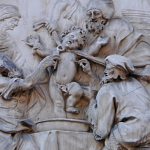
Beach has previously looked at ‘the gong of the world’, the desert boy Apion, who while still brushing sand from his hair, decided to insult the Jews of Alexandria and, indeed, the Jews of the entire Mediterranean. We do not have Apion’s anti-semitic work, the classical equivalent of the Protocols of the Elders of Zion: […]
Burning Library: Apion’s Writings January 7, 2015
Author: Beach Combing | in : Ancient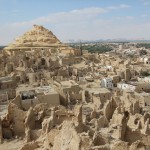
Beach has sometimes in the past celebrated burning libraries, books (and for the multimedia age films) which we know once existed but that have long since disappeared into the dusty maws of time. An impressive burning library author to add to the growing file is Apion Plistonices, impressive because Apion managed to lose not a […]
The First Automatic Door Bell in History? October 2, 2014
Author: Beach Combing | in : Ancient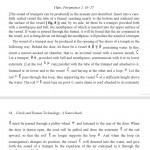
***Thanks to the person who sent this in. Sorry I can’t find your name now!*** It is the middle of the first century AD and you need holy solace from priests in your native Alexandria. You head down the dingy streets of the city as the sun is just breaking and then turn out in […]
11 Burning Libraries: Book Lovers Beware April 29, 2014
Author: Beach Combing | in : Ancient, Contemporary, Medieval, Modern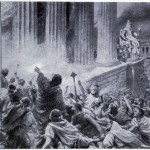
This blog has pioneered a series of burning libraries: books that didn’t make it (23 to date)… But what about real burning libraries? Libraries that, at some point in Antiquity or the Middle Ages, were gutted by fire, accidental or deliberate. I have included here a list of eleven devastatingly bad ‘burning libraries’ or ‘burning […]
A Pillar and an Archer in Medieval Alexandria January 23, 2011
Author: Beach Combing | in : Ancient, Medieval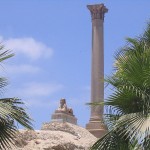
Ancient pillars survive even when associated buildings collapse. Many Greco-Roman pillars, indeed, are still standing today: a testimony to the durability of early Mediterranean civilisation. The medieval dwarfs looking back at the achievements of the classical world often got excited by pillars. Pillars were probably in part responsible for causing an early English poet […]


